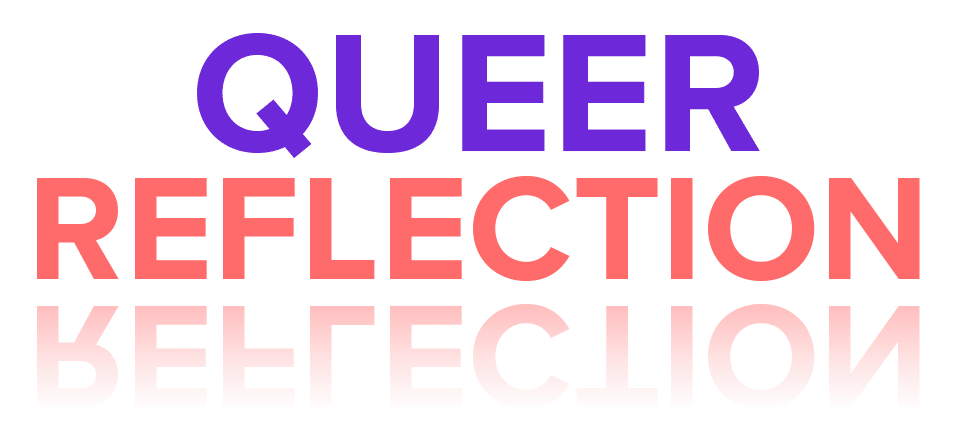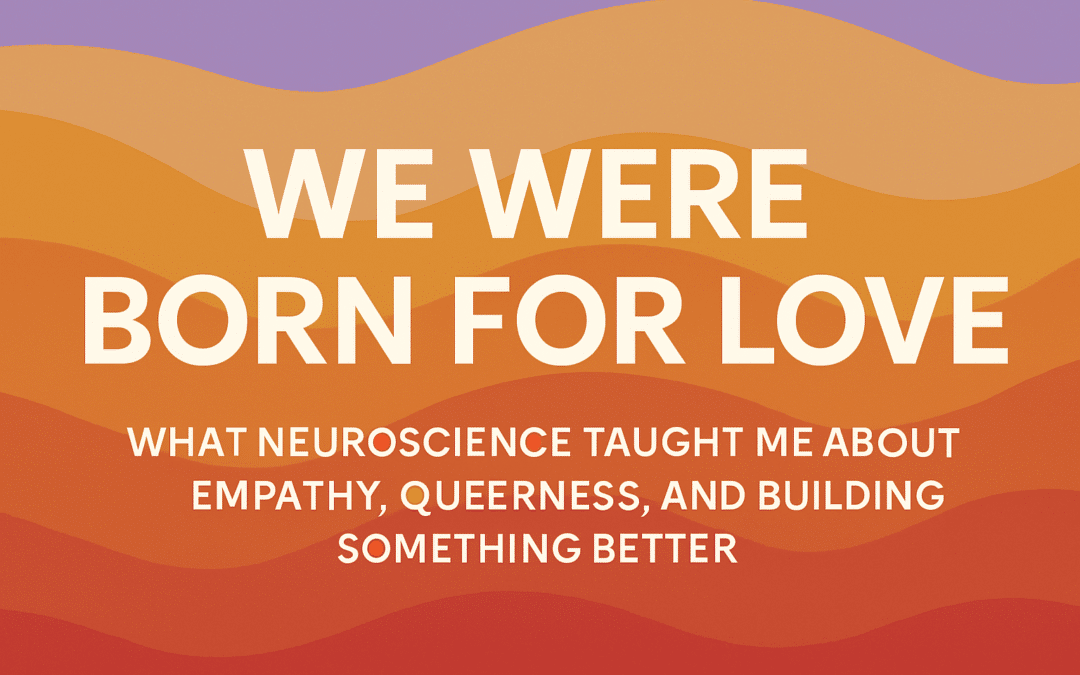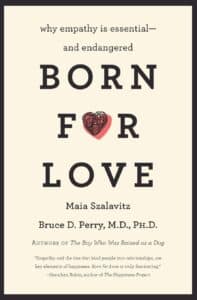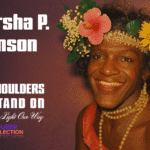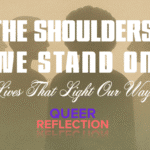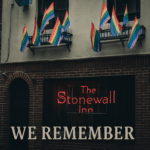Dr. Perry’s work is grounded in neuroscience, but it reads like prophecy: a warning about what we lose when we disconnect, isolate, and forget how to care. His research shows that empathy isn’t just a moral good. It’s a survival mechanism. We are quite literally wired to connect, and when we sever those connections—by fear, trauma, politics, or prejudice—we begin to unravel the very systems that keep us human.
Empathy is essential. But it is not inevitable.
Reading Perry’s book as a gay man felt particularly urgent. Queer people are born into a world that often requires us to beg for empathy, to educate others into understanding our humanity. But what if that understanding was already there—latent, dormant, waiting to be activated?
This is where Queer Reflection comes in.
We built our platform on the belief that empathy can be taught—not through lectures or statistics, but through experience. Through story. Through emotion. Through immersive encounters that awaken what Perry calls our “social synapses”—those neural networks responsible for attunement, compassion, and connection.
“If children do not receive the appropriate patterned experiences, their ability to tolerate stress, regulate emotion, and respond to others is diminished,” Perry writes. That’s not just true for children. It’s true for entire societies. When we devalue empathy, we stunt our collective growth. We create adults who can rationalize cruelty. We build systems that prioritize efficiency over dignity.
The queer cost of disconnection
Growing up queer often means growing up misattuned. You’re told your feelings are too much, your identity is too confusing, your presence too disruptive. This lack of social mirroring—the neural feedback loop that tells us “you’re okay, you belong, you are real”—leaves scars.
What Dr. Perry reminded me is that empathy isn’t just about understanding someone else. It’s about helping them understand themselves. It’s a mirror, not a microscope.
Queer Reflection is that mirror. It gives users a chance to witness queer life not from the outside, but from the inside. To feel what it’s like to come out. To be rejected. To fall in love. To hide. To rise. And in doing so, it reactivates the very pathways that allow empathy to grow.
What we build now will shape who we become
Perry argues that empathy is endangered not because we’ve lost the capacity for it, but because we’ve built environments that don’t reward it. In a world optimized for productivity, profit, and speed, empathy is seen as inefficient. But it’s not inefficient—it’s essential. It’s what makes societies sustainable, relationships meaningful, and identities survivable.
“Without empathy,” Perry writes, “we are left with indifference and cruelty.”
Queer Reflection is our response to that threat. It’s our belief, in code and color and story, that empathy is still possible. That it’s still powerful. And that it can still be taught—if we’re willing to feel.
We were born for love. It’s time we built systems that remember that.
